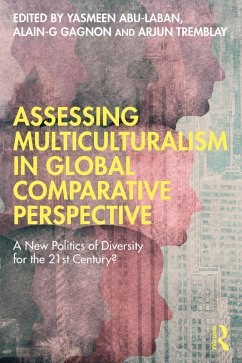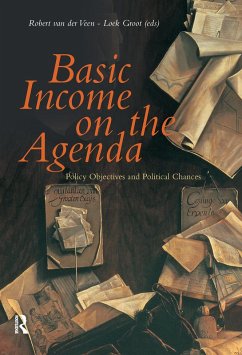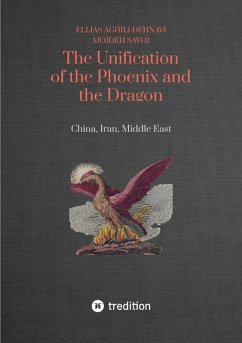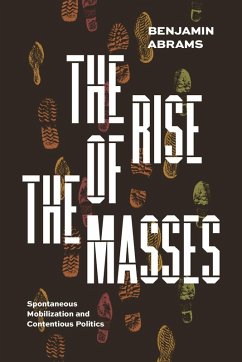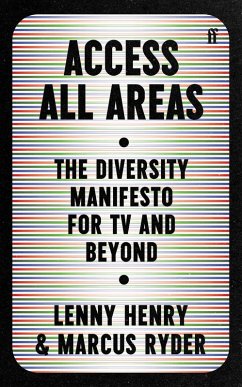
Thucydides' Meditations on Fear (eBook, ePUB)
Examining Contemporary Cases
Versandkostenfrei!
Sofort per Download lieferbar
25,95 €
inkl. MwSt.
Weitere Ausgaben:

PAYBACK Punkte
13 °P sammeln!
Understanding contemporary global politics by connecting them to the meditations of a classical Greek philosopher may seem farfetched and counterintuitive. But for political theorists, policymakers, the new influencers, journalists and engaged students, Thucydides' ancient wisdom provides insights into diagnosing and even undermining an endemic of political fear spreading across the world's borders. With his help, this book probes six case studies of aspiring great powers and the brittle identities that they may have unwittingly constructed. Raymond Taras questions the motives of the manipulat...
Understanding contemporary global politics by connecting them to the meditations of a classical Greek philosopher may seem farfetched and counterintuitive. But for political theorists, policymakers, the new influencers, journalists and engaged students, Thucydides' ancient wisdom provides insights into diagnosing and even undermining an endemic of political fear spreading across the world's borders. With his help, this book probes six case studies of aspiring great powers and the brittle identities that they may have unwittingly constructed. Raymond Taras questions the motives of the manipulators of fear whether found in in authoritarian states or increasingly in backsliding liberal democratic ones. The urgency of returning to and respecting tolerance in states establishing relations with arriving refugees and migrants takes on critical importance.
Dieser Download kann aus rechtlichen Gründen nur mit Rechnungsadresse in A, D ausgeliefert werden.




